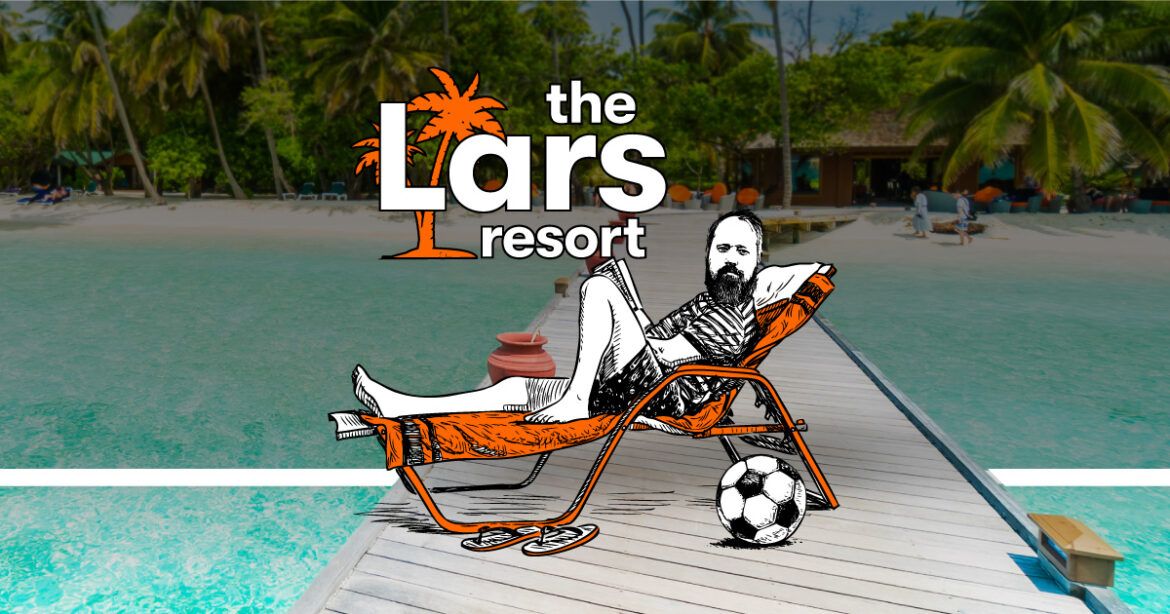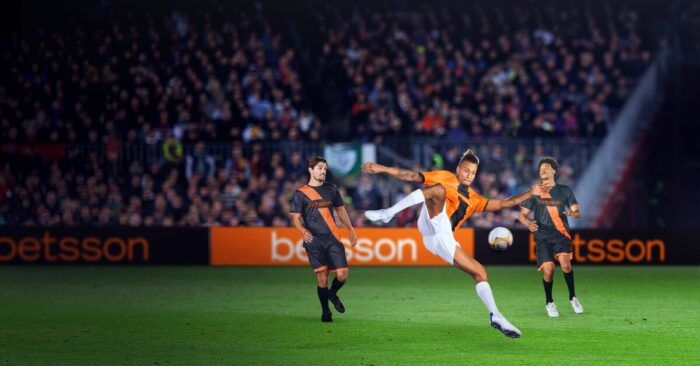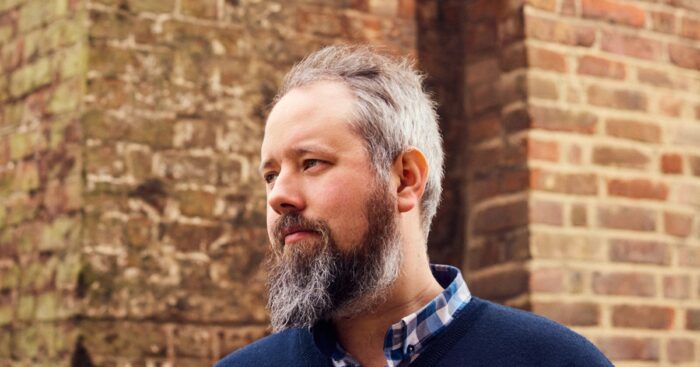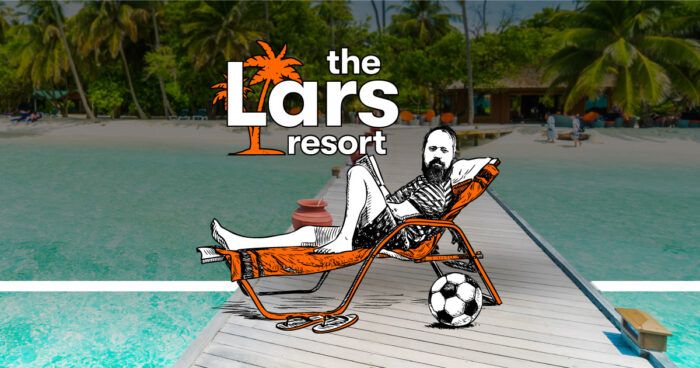Lars’ Euro 24 Preview: Group D
Lars’ big Euro preview has reached group D, which contains France, the Netherlands, Austria and Poland. Read on for Lars’ thoughts on this group.
Read Lars’ preview of Group A here.
Read Lars’ preview of Group B here.
Read Lars’ preview of Group C here.
Read Lars’ preview of Group E here.
Read Lars’ preview of Group F here.
France
- Odds to win the tournament: 5.20
- Odds to reach the final: 2.60
- Odds to win the group: 1.55
- Odds to get knocked out in the group stage: 11.00
Having gotten to the final in three out of the last four major tournaments, France still has an extraordinary crop of players and big things are yet again expected of them.
The team has faced criticism for not always playing the exciting, attacking football their squad suggests they should be capable of, but three finals out of four would seem to be vindication for manager Didier Deschamps’ more cautious approach. International football, it seems, is often more about being the team that makes the fewest mistakes. And when you have Kylian Mbappe up front, possibly the best attacking player in the world, if you can form a solid defensive wall behind him then the team will likely go far.
Not that Mbappe is entirely on his own in the French attack. Antoine Griezmann has, after his misguided career detour to Barcelona, matured into a rather magnificent allrounder. Earlier in his career he excelled as a kind of second striker, playing off a more fixed number nine, but in later years Deschamps has asked Griezmann to drop deeper and act more as a midfield playmaker – which he did to brilliant effect at the last WC. Up front Olivier Giroud is still looking likely to be the first choice. He is now 37 years old and has announced that he will be stepping down from the national team after the tournament, but he is coming off one of his most productive club seasons in a long time. He started 28 games and scored 15 goals for Milan in Serie A this season, his most prolific league campaign since the 2015/2016 season with Arsenal. While never the flashiest of forwards, his intelligence and physical presence makes him a perfect foil for Mbappe. Mbappe himself hardly requires an introduction. On the verge of finally making his big move to Real Madrid, Mbappe is a player who can win games on his own – and who does so with an alarming regularity. Making up this forward quartet you would expect to see the more mercurial Ousmane Dembele, who is immensely talented but has always struggled for consistency.
This attack, with a solid defensive unit behind it, is clearly good enough to win France the tournament. So what will this defensive unit look like? Well, in midfield Deschamps is likely to opt for a duo of Adrian Rabiot and Aurelian Tchouameni – though there will inevitably be calls for the more exciting Eduardo Camavinga to play. PSG’s impressive 18-year old Warren Zaire-Emery is in the squad, as is the 33-year old N’Golo Kante. You can expect Deschamps to go safety first in this part of the team. At fullback the situation is clear: Benjamin Pavard and Joules Kounde will compete with Jonathan Clauss at right back, with the more attacking Clauss likely favored against weaker opponents. At left back the Hernandez brothers, Lucas and Theo, would usually rotate in a similar manner – but Lucas suffering a serious knee injury in May has left the door open for Ferland Mendy. Mendy, however, is also more of an attacking fullback, so Deschamps doesn’t really have a more defensive option to fall back on here. In goal Mike Maignan is an outstanding player and has proved a worthy successor to Hugo Lloris. The questions arise, perhaps surprisingly, in central defence. For the last decade or so it has felt as if France has had an overabundance of excellent central defenders, but heading into this tournament there are some questions. Dayot Upamecano has been inconsistent for Bayern and effectively lost his place in the team to Eric Dier. William Saliba has been outstanding for Arsenal but has never really cemented his place in the national team. Kounde and Pavard are options but they are also in contention at right back.
Ibrahima Konate is a great defender at his best but has some issues both with consistency and availability. There is no doubt that there is a great defensive partnership to be found among these options, but going into the tournament Deschamps does not seem settled on what that great partnership is and that is not an advantage for the team.
France are second favorites with Betsson to win the tournament, behind England, and personally I’m inclined to rank them ahead of the English. They seem a little over-reliant on Mbappe, and he in turn relies on his regular supporting cast of Griezmann and Giroud – but those two players are now 33 and 37, respectively. Should this tried and tested trident fail to spark, France will be looking to the ever-unreliable Dembele, or a supporting cast including the likes of Bradley Barcola and Randal Kolo Muani – which is maybe not quite as terrifying for opponents. And it’s a slight disadvantage that they don’t have a settled centre-back pairing. Their midfield is steady rather than spectacular, but with Griezmann dropping deeper to assume playmaking duties the other two midfielders are mainly there for protection and energy anyway. These minor quibbles aside, this looks like the strongest team in the tournament to me. Deschamps has had his critics, but what people perhaps forget is how prone the French were to internal drama and unrest before he took over. With his emphasis on picking players and squads with the right personalities, Deschamps has overseen a remarkably stable period in the history of the French national team.
Should France win their group, as expected, they will face the runner-up from group F, so likely Turkey, the Czechs, or very possibly Georgia. Manageable opponents, at any rate. In the next game, they’d probably bump into the winner of Group E, which you’d expect to be Belgium. Should they go beyond that, a potential semi-final against England in Dortmund lurks – and what an occasion that would be.
Netherlands
- Odds to win the tournament: 17.50
- Odds to reach the final: 7.50
- Odds to win the group: 3.70
- Odds to get knocked out in the group stage: 4.40
This year’s edition of the Dutch national team appears to be something of a mixed bag, and unusually for the Dutch it’s at the back where they look the strongest.
Ronald Koeman, back for a second stint in charge, can look to Virgil van Dijk, Matthijs de Ligt, Stefan de Vrij, Nathan Ake and Micky van de Ven, five central defenders who would all start for many – if not most – of the teams in this tournament. At right fullback (or wingback, depending on the formation), Koeman has both Denzel Dumfries and Jeremie Frimpong. Dumfries typically provides the forward thrust down the right for the Netherlands, but then Frimpong has been truly outstanding down the right for a magnificent Leverkusen team this season, so not finding a starting berth for him seems almost silly.
Expect to see Daley Blind on the left hand side, and while he is now 34 he is coming off an excellent season with La Liga surprise package Girona. A back three selected from those five central defenders, with Dumfries or Frimpong as a marauding right wingback and the experienced Blind as a more conservative and steady left wingback looks really rather good. A good defence would be very useful, particularly because they lack a proven goalkeeper. Brighton’s Bart Verbruggen looks likely to get the nod, in spite of having very limited international experience.
Things become less clear in midfield, though the crucial Frenkie de Jong appears to have struggled off a late season injury and has declared himself fit for duty. It’s more a question of who partners him. Tijjani Reijnders has had a fine season for Milan, but is primarily an attacking player so pairing him with de Jong would leave the midfield looking a little imbalanced. Jerdy Schouten is more of a playmaker and more likely to be de Jong’s understudy than his partner, Georginio Wijnaldum is 33 and plays in Saudi Arabia, while Ryan Gravenberch remains something of an enigma. The most logical answer to the conundrum would seem to be Teun Koopmeiners, the versatile Atalanta man, but Koeman has mostly deployed him as an attacking midfielder during his tenure so far.
And if the midfield looks a bit uncertain things are not much clearer up front. Memphis Depay is a bit of a maverick, but with 44 goals in 90 caps he has been a surprisingly reliable difference-maker for his country. It will be a worry for the Netherlands that he only started nine league games for Atletico Madrid all season. Cody Gakpo had a mixed first campaign for Liverpool but also has a reasonable goalscoring record for his country, while Xavi Simons has struggled to emulate his brilliant club form for the national team. Brian Brobbey could be an interesting player to watch, with the 22-year old coming off a fine goal scoring season for a struggling Ajax team.
All in all, the Netherlands have some real quality in the squad, particularly at the back, but it’s not immediately obvious how all the pieces fit together. So the question then becomes: How much do we trust Ronald Koeman to find a brilliant solution? Koeman has had a somewhat mixed career as a manager, and certainly has his fair share of detractors. Since he took charge of the national team again, they’ve beaten the teams you’d expect them to beat (Gibraltar, Greece, Ireland, Scotland) and lost all their games against tougher opponents (France, Croatia, Italy, Germany). And that’s probably where this team sits ahead of the tournament: Somewhere in-between the real tournament favourites and the teams that are mostly happy to be there. The game against Austria could be interesting, but you would certainly expect the Netherlands to progress from the group. Should they finish second, which the odds suggest is the most likely outcome, they could come up against the runner-up from Group E – so most likely Ukraine. While I quite like the look of this Ukraine team, the Netherlands would be considered favourites for that game. A win would potentially set them up for a quarter-final against Portugal, where I’d be far less optimistic about their chances.
Austria
- Odds to win the tournament: 80.00
- Odds to reach the final: 25.00
- Odds to win the group: 10.00
- Odds to get knocked out in the group stage: 1.80
Austria have been saddled with a tricky group, but I still think they may turn some heads this summer. Manager Ralf Rangnick, seen by many as the “grandfather” of modern German pressing style of football, has turned the team into an aggressive and energetic unit that should be uncomfortable to play against.
Rangnick didn’t have the best of starts with Austria, with his first six games coming in a difficult Nations League group against Croatia, Denmark and France. Those six games ended in four defeats, one draw and just one win, but again they were tough opponents and there was much work to be done with the team. The results that followed were much more positive. After defeat to Croatia in their last game in the Nations League back in September 2022, Rangnick’s Austria have played 14, won 11, drawn two and lost just once. They finished behind Belgium in their qualifying group, but wins home and away against an out-of-sorts Sweden meant qualification was never in doubt. In November 2023 they beat Germany 2-0 in a friendly, which they followed up by beating Slovakia 2-0 and then thrashing Turkey 6-1 in friendlies in March this year.
After struggling to implement his ideas during a doomed spell as interim manager of Manchester United, Rangnick has been given free reign to shape this Austrian team according to his principles.
Speaking to World Soccer Magazine ahead of Euro 2024, Rangnick’s mission statement was clear: “The Austrian national side should be the team against which it is most difficult to score goals or even create chances… it’s no secret that one of our greatest strengths is how the team as a whole reacts when the opponent has the ball”. Actually being the best defensive team at the tournament may be slightly overambitious, but the emphasis on the work off the ball is telling.
Rangnick’s football is all about aggression, hard work and intelligent pressing off the ball.
Of the Austrian players who will be looking to implement this, the midfield is particularly interesting. The midfield could consist of no less than three starters from RB Leipzig (Xaver Schlager, Nicolas Seiwald and Christoph Baumgartner), a club that has built their footballing principles on Rangnick’s ideas and a club where Rangnick has worked as both head coach and sporting director. Marcel Sabitzer, perhaps the most important player in the Austrian midfield, is now at Dortmund but was a key player for the Rangnick-coached RB Leipzig team that got promoted from the 2. Bundesliga in 2016. Indeed, it can seem like half the Austrian squad, at least, have previously played either for Rangnick or for a coach heavily influenced by him.
The absence of David Alaba through injury is a huge blow, though the Real Madrid man is set to join the squad as a “non-playing captain”.
And for all that’s positive and interesting about this team, there is a lack of obvious goal-scorers in the team. Michael Gregoritsch scored a hat-trick against Turkey in March, and his recent record for Austria is very decent, but with his modest numbers at club level he isn’t a striker who is going to keep too many opposing managers in this tournament awake at night. The now 35 year old Marco Arnautovic is still around, and though he probably doesn’t have the legs for 90 minutes of pressing football he could be an interesting option off the bench. There is certainly more graft than guile in this team, but then that’s the whole idea of counter-pressing: That winning the ball in promising positions is itself the best kind of playmaker.
Expect this team to at least be able to make life difficult for France and the Netherlands, though with four out of six third placed teams progressing from their groups a solid win against Poland could be enough for Austria to head into the knockouts.
Poland
- Odds to win the tournament: 150.00
- Odds to reach the final: 40.00
- Odds to win the group: 12.00
- Odds to get knocked out in the group stage: 1.57
Poland have qualified for five straight international tournaments, a record most other nations – including some major ones – would be pretty jealous of (we’re looking at you, Italy). And while qualifying for tournaments is great, Poland do have an unfortunate tendency to be deeply unwatchable and achieve very little once they get there. Poles may argue that writing the team off as being just “Robert Lewandowski + 10 others” is a bit reductive and overly dismissive, but the team has so rarely given us a reason to see them as anything else.
This qualifying campaign was particularly poor for the Poles, with the team finishing third in a soft qualifying group consisting of them, Czechia, Albania, Moldova and the Faroe Islands. They started the campaign with notorious Portuguese gloomster Fernando Santos in charge, but he lasted just six games. Lowlights included conceding twice in the first three minutes of his first qualifier in charge, losing 3-2 to Moldova after having been 2-0 up, and losing 1-0 to Albania. Clearly, this could not continue. The bat-signal went up for Michal Probierz, coach of the Poland under-21 team at the time. While he couldn’t rescue their campaign in the qualifying group, Poland were handed a lifeline in the form of the Nations League playoff. There they duly beat Estonia and Wales – the latter on penalties.
Of course, they have Robert Lewandowski. And they have a good goalkeeper in Wojciech Szczęsny, a classy midfielder in Piotr Zielinski and a pair of somewhat interesting wingbacks in Przemyslaw Frankowski and Nicola Zalewski. But really, even in a soft group it would be hard to get too excited about this Polish team. And this is not a soft group, they are up against tournament favourites France, a handy enough Netherlands and an interesting Austrian team. I think Poland will have a very difficult time in this tournament.
The odds might have changed since the writing and publication of this post.
Last updated: 05.06.24








